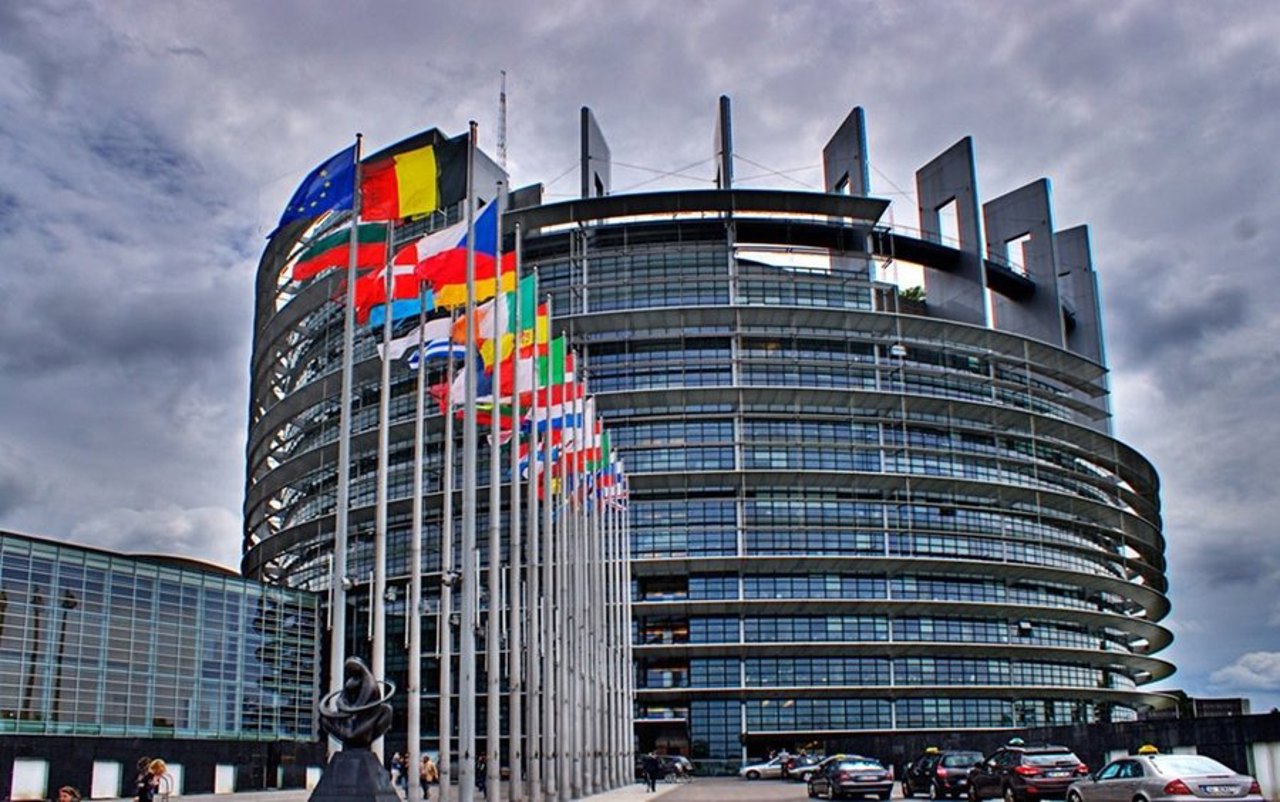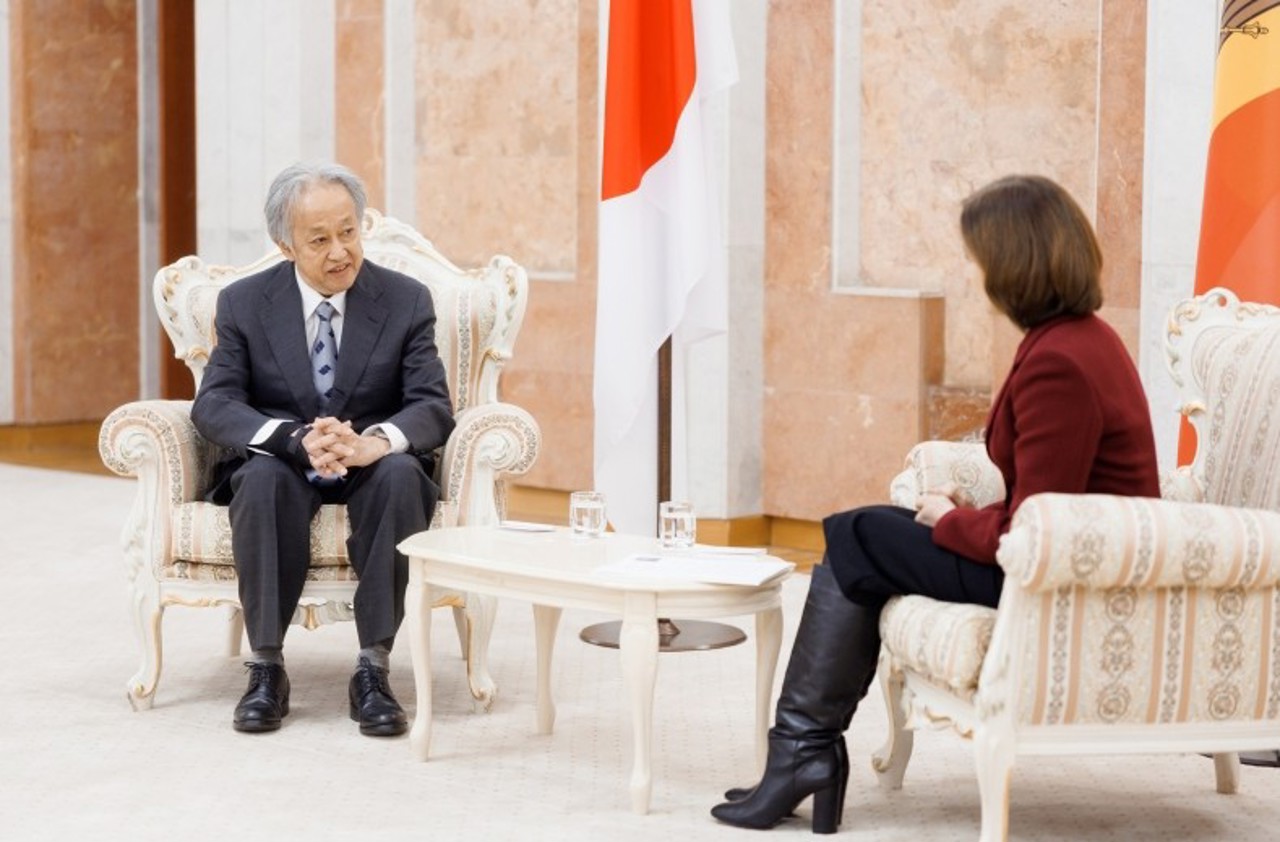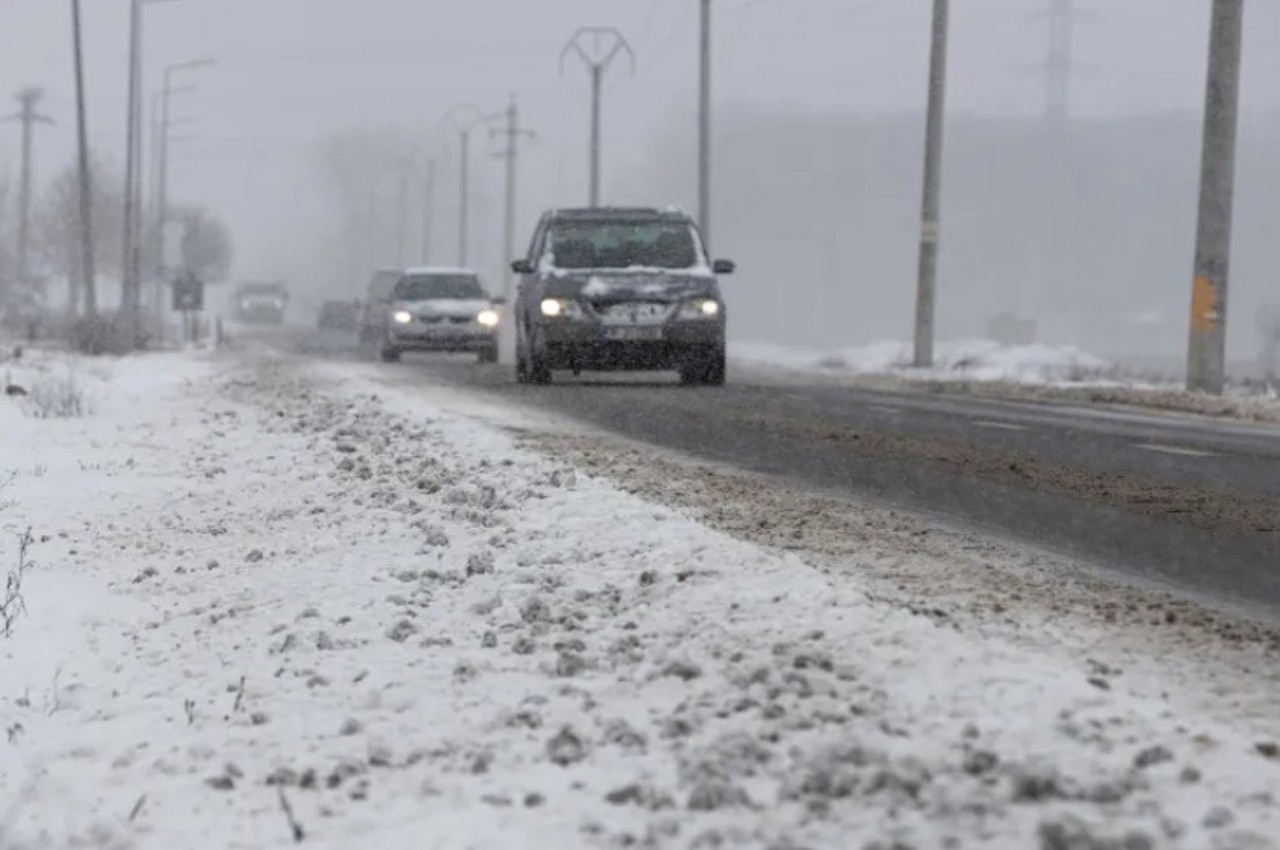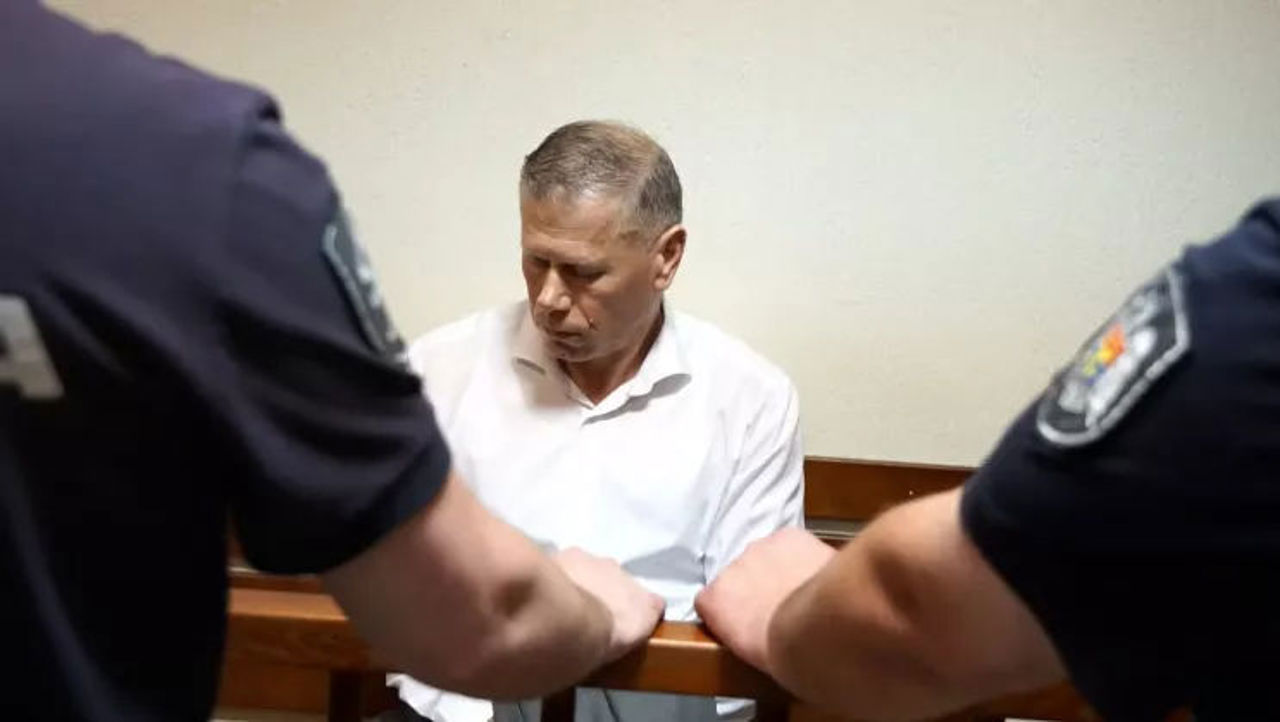EU Cracks Down on Sanctions Violators to Aid Ukraine
The European Parliament is taking further steps to support Ukraine this week by making EU sanctions more effective and ending impunity for those who violate sanctions following Russia's invasion of Ukraine.

During a plenary vote on Tuesday, March 12, MEPs adopted new rules that will harmonise offences related to the violation of EU sanctions and subsequent penalties. Currently, not all member states criminalise the violation of EU sanctions, and where there is criminal law, the provisions regarding EU sanctions violations differ significantly among EU countries. The new rules also make it easier to investigate and prosecute violations in all member states in the same way.
The European Parliament also adopted a directive on the harmonisation of the application of EU sanctions between member states. The document, which provides for the same formula of unified offences and penalties for all countries, was supported by 543 MEPs, 45 were against, and 27 abstained. On Wednesday, March 13, MEPs will vote on the new EU directive on asset recovery and confiscation.
This directive sets minimum rules for the effective tracking, identification, freezing, confiscation, and management of assets derived from criminal activities, including the violation of EU sanctions.
Thijs Reuten, S&D MEP on the Committee on Civil Liberties, Justice and Home Affairs, said:
"EU sanctions are in place to protect European values and security. Violation of sanctions is a crime and it is vital that all member states treat it as such. It undermines European solidarity when the EU is unable to respond in a united way when sanctions are violated. With these new rules, the loopholes are closed and the EU's foreign policy instruments are strengthened.
"The effectiveness of EU sanctions goes hand in hand with the new rules on asset recovery and confiscation. Thanks to these cross-border rules, there is no longer a place for oligarchs and businessmen who finance Putin's war to hide, as their assets and properties can be frozen and confiscated more quickly and efficiently. We believe that the confiscated assets should be used to support the reconstruction of countries facing a war of aggression, as in the current case of Ukraine."
In parallel, EU member state ambassadors are expected to approve a new set of sanctions today. This time the sanctions include the freezing of assets and a visa ban for around 35 individuals and entities that the EU considers directly responsible for the death of Russian opposition leader Alexei Navalny in a Siberian prison last month.
AUTHOR: Dan Alexe
Translation by Iurie Tataru




